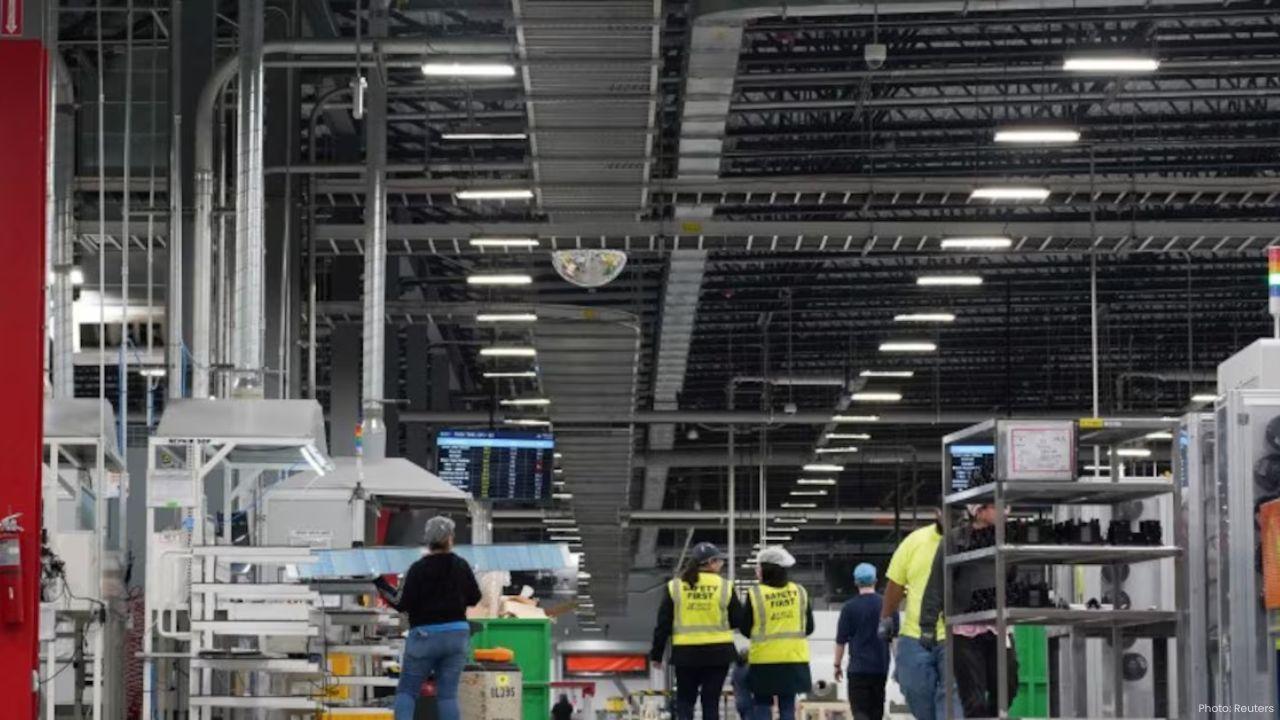
Post by : Meena Rani
The Indian government has decided to speed up approvals for Taiwanese steel plants under the Bureau of Indian Standards (BIS). This move comes after several Micro, Small, and Medium Enterprises (MSMEs) flagged serious delays in getting their steel imports cleared due to the Quality Control Order (QCO) rules.
For the past few months, many small importers had been complaining that BIS approvals for Taiwanese integrated steel plants had been stuck since July. These delays created a bottleneck in the supply of raw steel materials that MSMEs need to run their factories. The problem became more severe after the government issued a new Quality Control Order on 13 June, making BIS certification mandatory for almost all imported raw materials used in steel manufacturing.
Why are MSMEs worried?
MSMEs are the backbone of India’s steel-using industries. They use imported steel to make products like auto parts, pipes, machinery, tools, and construction materials. Local steel prices are often higher, which makes imports from countries like Taiwan more affordable.
Many MSME importers had already placed large orders with Taiwanese steel plants and even paid advances. But when the QCO rules came into effect, their goods could not move without BIS approval. This left shipments stuck, created a cash flow crunch, and even put some businesses at risk of financial losses.
The role of BIS and QCO
The Bureau of Indian Standards (BIS) is the national authority that certifies the quality of products and raw materials. When the government issued the Quality Control Order, it meant that all raw materials, including semi-finished and intermediate products like slabs, hot-rolled coils, and cold-rolled coils, must be BIS certified before entering India.
This rule was meant to improve quality standards and ensure fair competition for domestic steelmakers. However, the sudden enforcement of the rule without giving enough time for approvals caused difficulties for MSMEs that rely heavily on imported raw materials.
Taiwan’s importance in steel imports
Taiwan is one of India’s key suppliers of semi-finished and finished steel. For years, it has been among the top six sources of imported steel products. Taiwanese plants supply high-quality steel at competitive prices, which makes them very important for MSMEs.
In June 2025 alone, nearly 0.8 million tonnes of finished steel were waiting for compliance checks under more than 25,000 BIS approval applications. This backlog clearly showed the extent of delays and the pressure on small importers.
Government response
After MSMEs raised their concerns, the government decided to take corrective steps. Authorities are now working to fast-track BIS approvals for Taiwanese steel plants. This will allow imports to move more smoothly and prevent further losses for small businesses.
Officials have assured MSMEs that the approval process will not compromise on quality. Instead, the focus will be on clearing genuine applications quickly, reducing paperwork, and avoiding unnecessary delays.
Impact on industry and exports
The move is expected to bring relief to thousands of small industries across India. Faster approvals mean MSMEs can get their raw materials on time, continue production without disruption, and fulfill export orders more efficiently.
If imports flow smoothly, it will also help MSMEs add value to steel by processing it into finished goods. This will not only protect their profit margins but also boost India’s overall export performance.
At the same time, the government must strike a balance between protecting local steel producers and supporting MSMEs that depend on imports. While quality standards remain a priority, smoother approvals are seen as a step toward supporting economic growth.
Problems that remain
Despite the government’s move, MSMEs still face some challenges. Delays in the past few months have already caused financial strain, with advance payments stuck and supply chains disrupted. Some small firms may take time to recover from these setbacks.
There is also concern that similar issues could arise in the future if approval systems are not made more transparent and predictable. Industry experts believe a long-term solution is needed, where MSMEs are consulted before sudden changes in rules are made.
BIS approval, Taiwanese steel plants, MSME importers, Quality Control Order
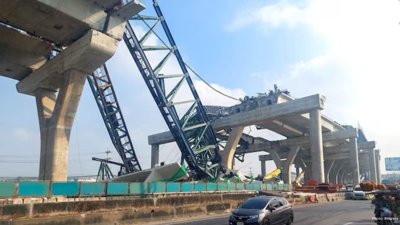
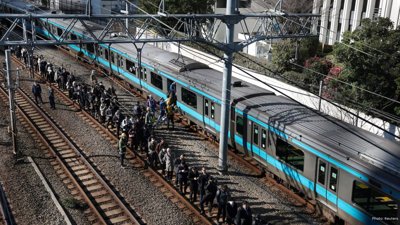


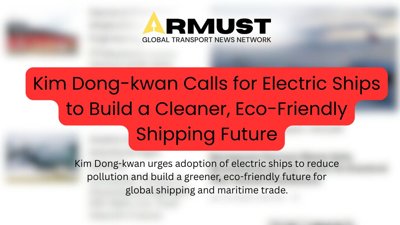
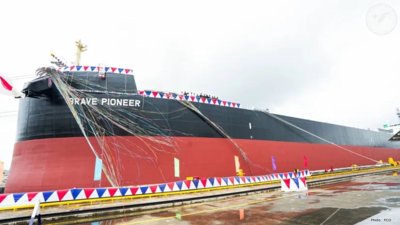




Advances in Aerospace Technology and Commercial Aviation Recovery
Insights into breakthrough aerospace technologies and commercial aviation’s recovery amid 2025 chall

Defense Modernization and Strategic Spending Trends
Explore key trends in global defense modernization and strategic military spending shaping 2025 secu

Tens of Thousands Protest in Serbia on Anniversary of Deadly Roof Collapse
Tens of thousands in Novi Sad mark a year since a deadly station roof collapse that killed 16, prote

Canada PM Carney Apologizes to Trump Over Controversial Reagan Anti-Tariff Ad
Canadian PM Mark Carney apologized to President Trump over an Ontario anti-tariff ad quoting Reagan,

The ad that stirred a hornets nest, and made Canadian PM Carney say sorry to Trump
Canadian PM Mark Carney apologizes to US President Trump after a tariff-related ad causes diplomatic

Bengaluru-Mumbai Superfast Train Approved After 30-Year Wait
Railways approves new superfast train connecting Bengaluru and Mumbai, ending a 30-year demand, easi